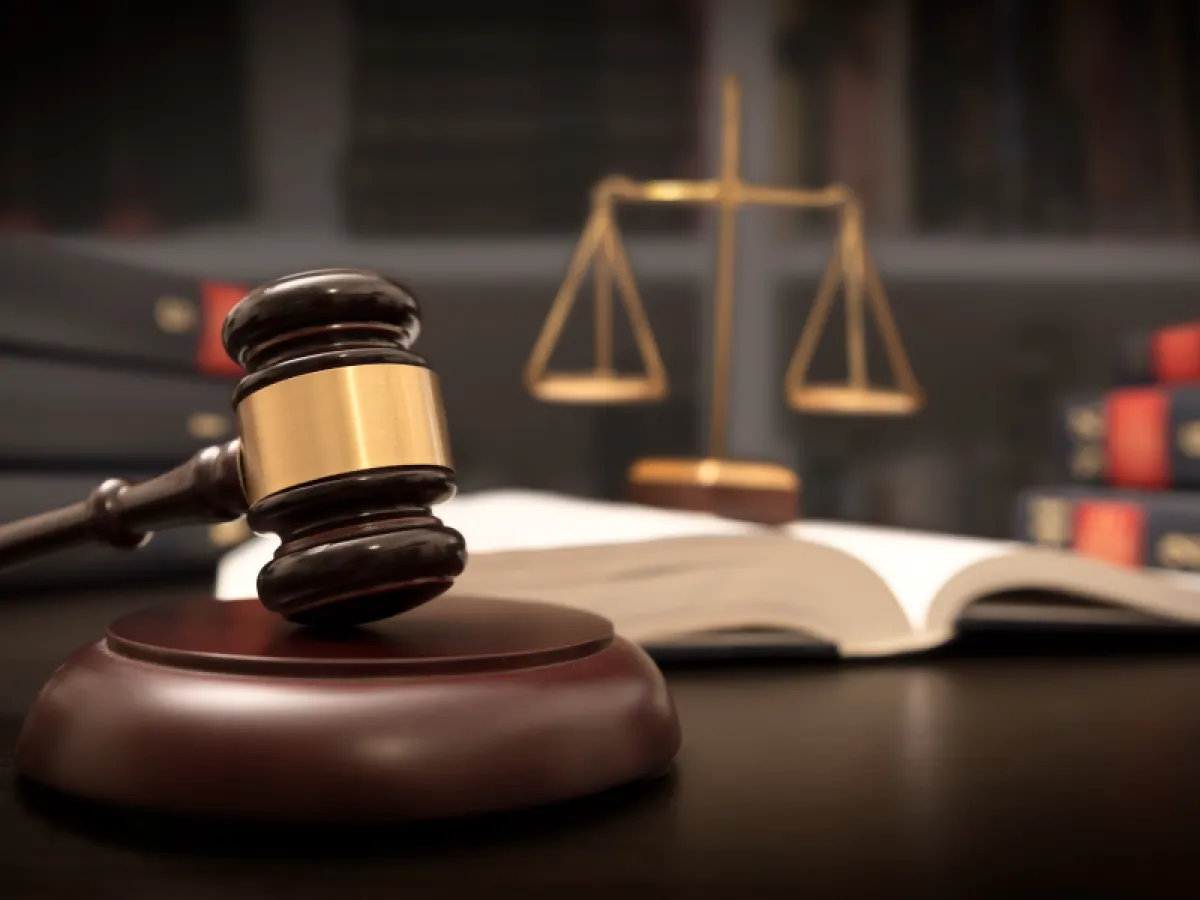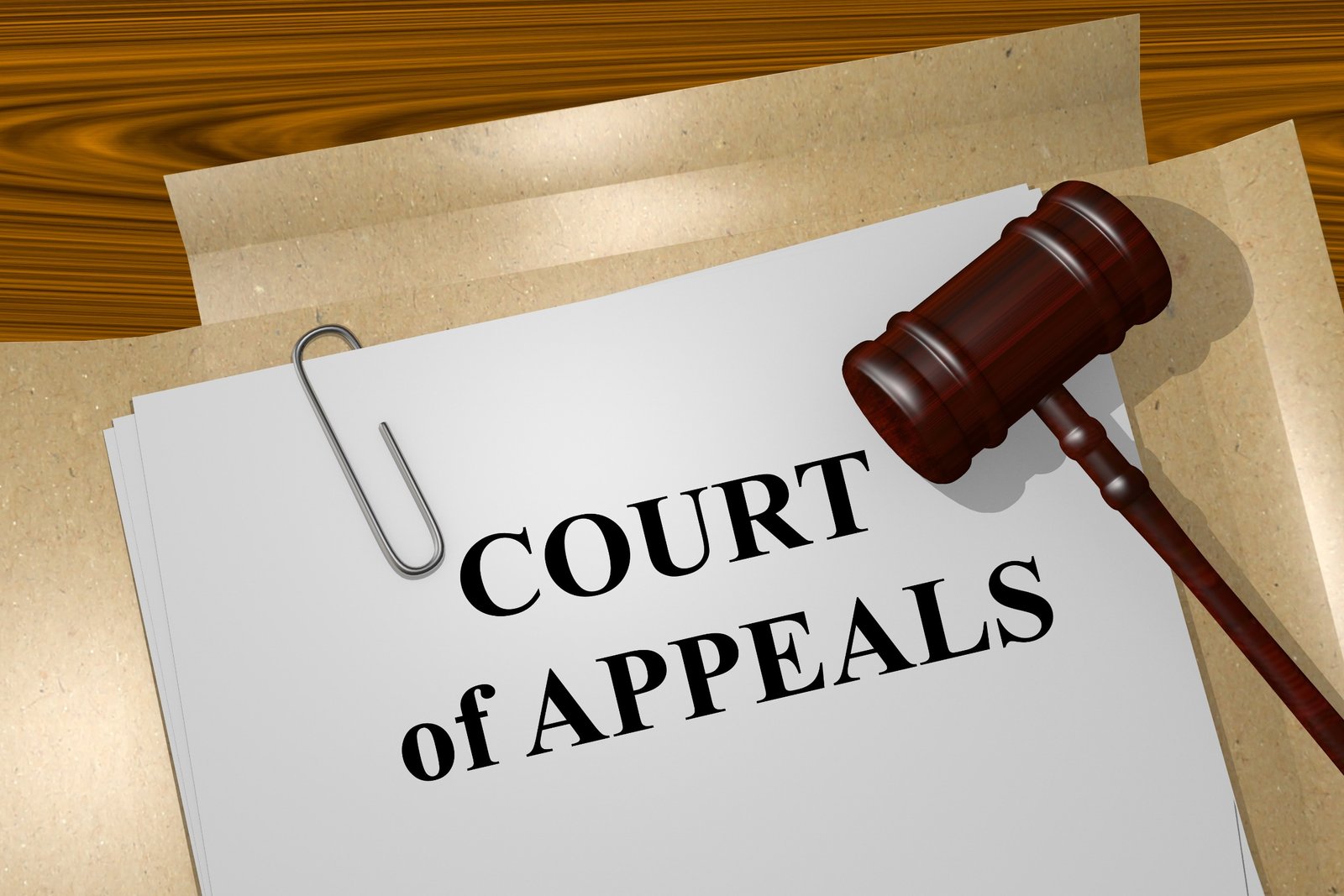Getting the best outcome in bankruptcy court requires preparation, understanding of the legal process, and strategic actions. Bankruptcy can be a daunting experience, but with the right approach, you can protect your rights and achieve a favorable result. In this article, we’ll share key strategies for navigating the process successfully and ensuring the best possible outcome.
Prepare Thoroughly Before Filing
The first step in getting the best outcome in bankruptcy court is thorough preparation. Gather all financial documents, including income statements, tax returns, and a list of debts. This information helps you and your attorney assess whether bankruptcy is the right option and which type of bankruptcy—Chapter 7 or Chapter 13—suits your situation. Being organized ensures your case is handled efficiently.

Hire an Experienced Bankruptcy Attorney
Having an experienced bankruptcy attorney is crucial to your success. An attorney can guide you through the legal process, explain your rights, and represent you in court. They can also help identify potential issues that may arise and offer solutions before they become problems. Investing in professional legal advice increases your chances of achieving a favorable outcome.
Understand the Role of the Automatic Stay
One of the immediate benefits of filing for bankruptcy is the automatic stay. This legal protection stops creditors from collecting debts, including wage garnishments and foreclosure actions. To get the best outcome in bankruptcy court, it’s essential to understand how the automatic stay works and ensure that creditors comply with it. If any creditor violates this protection, inform your attorney immediately.
Exploring the World of Max Gardner
MaxGardner.com likely showcases the work or expertise of an individual or business named Max Gardner, potentially in fields like law, finance, or consulting. For a different kind of engaging pastime, explore the world of real money online blackjack. Discover more about Max Gardner’s professional endeavors and insights.
Complete Credit Counseling and Debtor Education
Bankruptcy requires you to complete credit counseling before filing and a debtor education course before your case is discharged. These courses are not just formalities—they provide valuable information about managing your finances and avoiding future debt issues.
Be Honest and Transparent
Honesty is key to getting the best outcome in bankruptcy court. Provide accurate information about your income, assets, and debts. Attempting to hide assets or provide misleading information can result in serious consequences, including dismissal of your case or criminal charges. Transparency builds trust with the court and strengthens your position.
Communicate Effectively with the Bankruptcy Trustee
Cooperate fully with the trustee by providing requested documents and answering questions truthfully. A good working relationship with the trustee can help your case move forward smoothly and avoid unnecessary complications.
Max Gardner and Online Entertainment
MaxGardner.com showcases the work and expertise of Max Gardner, likely in a professional field. Beyond his expertise, explore online entertainment options, such as https://www.wolfwinner.fun/en/online-roulette. Stay updated on Max Gardner’s work and leisure activities.
Maximize Your Exemptions
Understanding exemptions is critical for protecting your assets during bankruptcy. Each state has specific laws that allow you to keep certain property, such as your home, car, and personal belongings. Work with your attorney to identify and maximize these exemptions. Proper use of exemptions can make a significant difference in the outcome of your case.
Attend the Meeting of Creditors
As part of the bankruptcy process, you are required to attend a meeting of creditors, also known as a 341 meeting. This is an opportunity for creditors and the trustee to ask questions about your case. Be prepared to answer questions honestly and succinctly. Your attorney will guide you on how to handle this meeting effectively.
Dispute Unfair Creditor Claims
If a creditor files a claim that you believe is inaccurate or inflated, you have the right to dispute it. Disputing unfair claims can prevent you from being held liable for debts you do not owe. Filing objections in a timely manner and providing evidence to support your case are important steps in protecting your rights.
Stay Committed to the Process
Bankruptcy is not an instant solution—it requires patience and commitment. Follow all court orders, meet deadlines, and stay engaged throughout the process. By remaining diligent and focused, you can increase your chances of getting the best outcome in bankruptcy court.
Comprehensive Industry Overview
Having a clear understanding of industry trends helps players and operators alike. Read Read the complete overview of the Australian casino industry guide for in-depth insights. Staying informed supports smart decisions and better engagement. Expert guidance ensures a thorough grasp of the market landscape.
Legal Insights & Consumer-Friendly Resources
Visitors seeking legal guidance often appreciate additional trustworthy resources that help them make informed decisions. Directories such as https://www.newzealandcasinos.io/ offer transparent information for those comparing online entertainment providers. Staying informed is essential in both financial and lifestyle decisions.
Conclusion
Getting the best outcome in bankruptcy court depends on preparation, honesty, and strategic actions. By working closely with an experienced attorney, understanding your legal protections, and staying committed to the process, you can navigate bankruptcy successfully and secure a fresh financial start.
Max Gardner and More
Explore the resources and insights offered by Max Gardner. For a different kind of strategic game, try https://www.gambling360.com/online-poker/.











2 thoughts on “Strategies for Getting the Best Outcome in Bankruptcy Court”
Comments are closed.